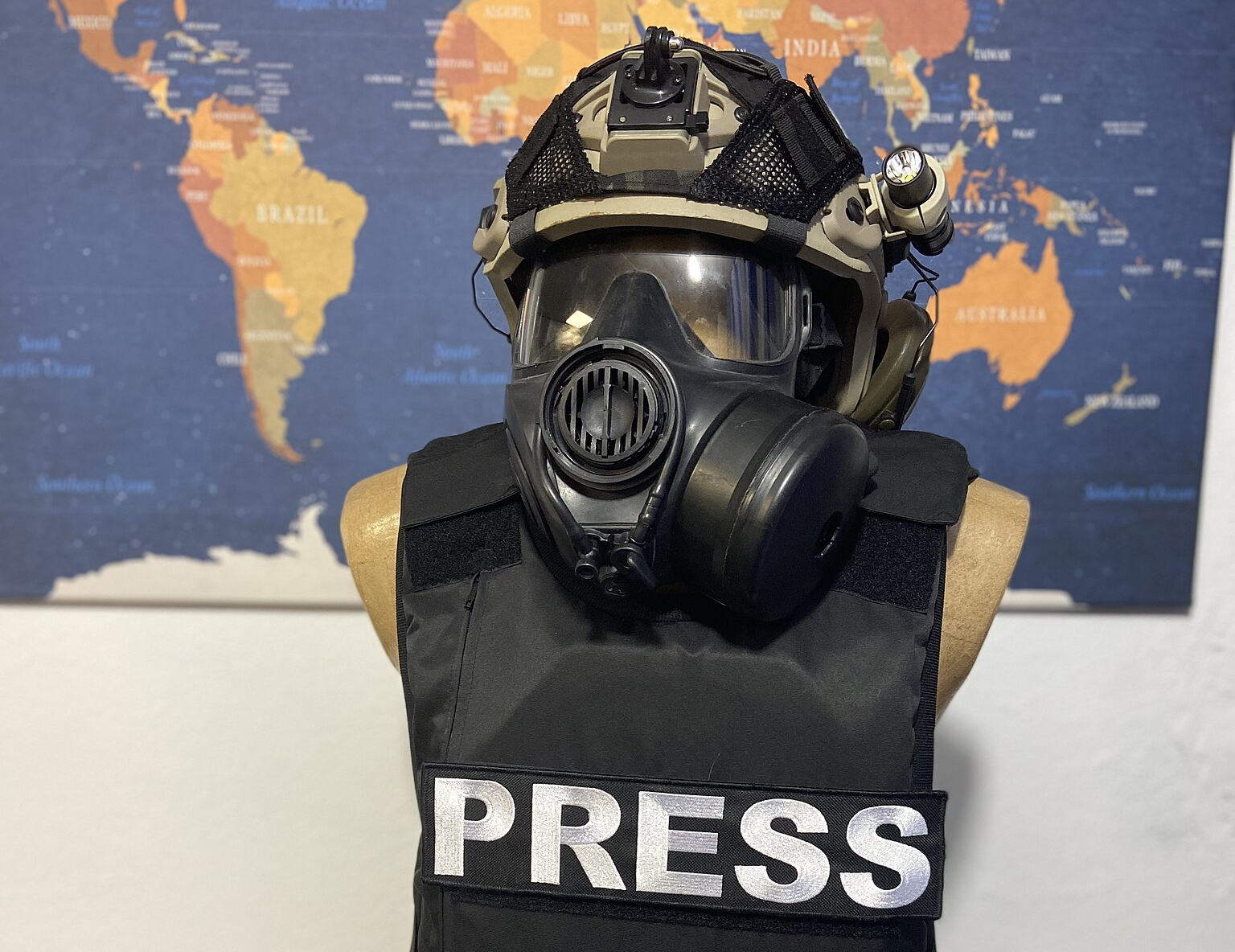If a tree falls in a forest, and no one is around to hear it, does it make a sound? This well-known philosophical question most likely stems from the work of 18th century philosopher George Berkeley, who questioned the possibility of “unperceived existence”. In other words – did something really happen if no one is around to witness or perceive it?
This might seem a lofty and pretentious way to start this week’s Index newsletter. But the first-hand observance and subsequent documentation of events is the fundamental basis of rigorous journalism, and enables injustices to be accurately reported around the world. It provides us with the ability to understand truth from falsehood. And it is being increasingly undermined.
Journalistic “black holes” are appearing in conflicts globally, stopping the world from being able to witness what is happening on the ground, and therefore causing us to question reality.
Since the start of the Israel-Hamas war, triggered by Hamas’s incursion into Israel on 7 October 2023, Israel has banned foreign media access in Gaza. Only very limited international news crews are allowed in under strict conditions. This has left the world reliant on press statements, the words of government officials, and individual Palestinian journalists, who have risked their lives to showcase the brutality of the war on social media.
And many have lost their lives in the process. According to investigations by the Committee to Protect Journalists (CPJ), as of 4 October 2024, at least 127 journalists and media workers are among the more than 42,000 Palestinians and 1,200 Israelis killed since the war began, making it the deadliest period for journalists since the organisation started gathering data in 1992. The CPJ has determined that at least five of these journalists were directly targeted.
Major broadcasters have also been targeted. Last month, Al Jazeera’s office in the West Bank was raided and shut down for 45 days by Israeli soldiers, following the closure of the channel’s East Jerusalem office in May, on claims that they are a threat to Israel’s national security. But as Al Jazeera English’s Gaza correspondent Youmna El Sayed writes for Index this week, such shutdowns of legitimate news providers prevent global audiences from being able to see the pain and suffering that is being endured by both Palestinians and Israelis, encouraging misinformation to propagate.
As hostilities escalate across the Middle East, news channels continue to be curtailed. This week, an air strike destroyed the headquarters of the religious al-Sirat TV station in Beirut, Lebanon, on grounds that it was being used to store Hezbollah weapons, a claim which Hezbollah denies. Foreign correspondents are, however, still allowed in Lebanon – but in Iran all broadcasting is controlled by the state, with foreign journalists barred, meaning access to objective reporting is essentially impossible.
Outside of the region, other countries’ severe reporting restrictions and intimidation of journalists have made it difficult for global audiences to comprehend what is happening in conflicts. This includes Kashmir, the disputed mountainous region between India and Pakistan, and Sudan, where it is estimated that 90% of the country’s media infrastructure has been wiped out by the civil war.
What is the impact of this? The worrying rise in press suppression not only creates huge risks for journalists, but severely curtails people’s ability to understand geopolitics, conflict, and in future, historical events. It stops us from being able to weigh things up and form opinions based on what we have perceived.
Ultimately, it is impossible for any news producer, whether they be an individual correspondent or a major broadcaster, to be truly “objective”. People are driven by motives, both emotional and financial, and their own lived experiences. A news organisation, backed by a particular country or group, will appear truthful to some and severely biased to others.
But the only way to ensure some level of objectivity is to retain access to a broad range of sources, from the BBC to Al Jazeera, helping us form a more rounded world view. To go back to Berkeley’s philosophical analysis, the only way to verify the truth is to have the privilege of witnessing the evidence. Without this, it becomes virtually impossible to be able to tell fact from fiction.






